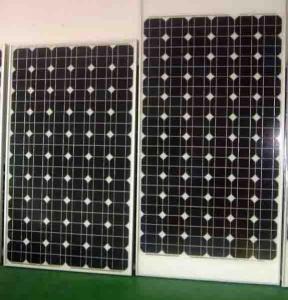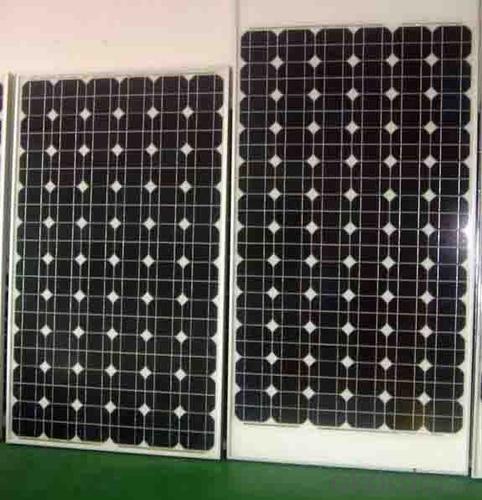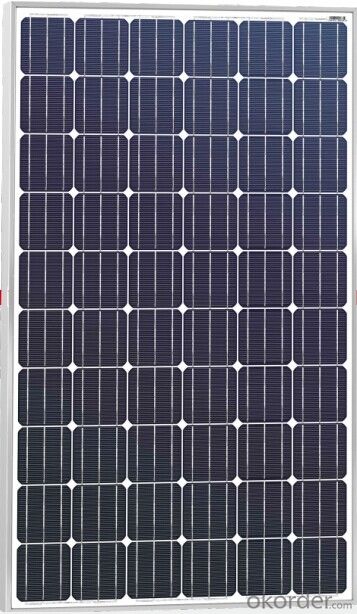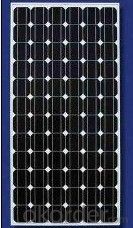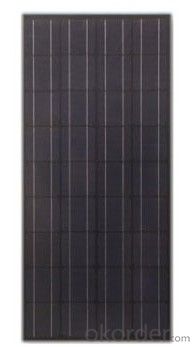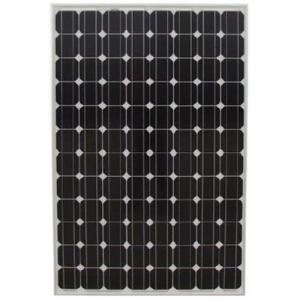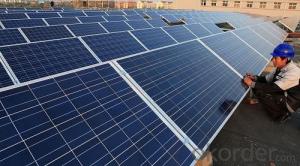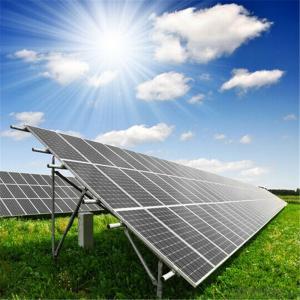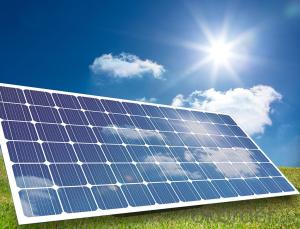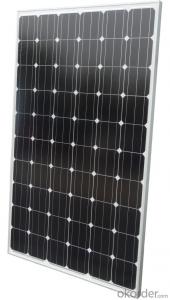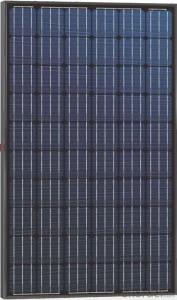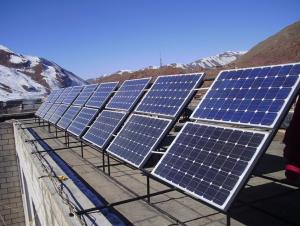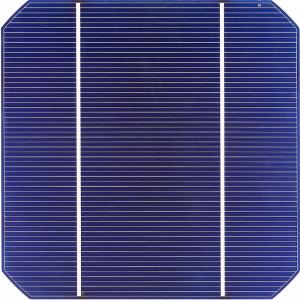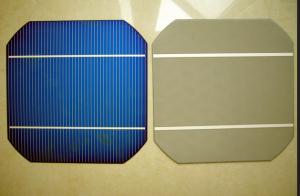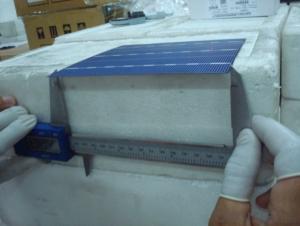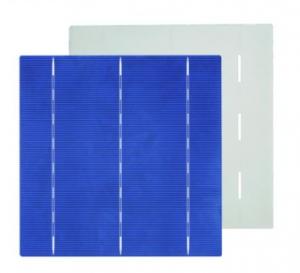Lightweight Solar Cells - High Efficiency Monocrystalline PV Module 250W-260W
- Loading Port:
- China Main Port
- Payment Terms:
- TT or LC
- Min Order Qty:
- -
- Supply Capability:
- -
OKorder Service Pledge
OKorder Financial Service
You Might Also Like
Structure
Solar panel refers either to a photovoltaics (PV) module, a solar hot water panel, or to a set of solar photovoltaics modules electrically connected and mounted on a supporting structure. A PV module is a packaged, connected assembly of solar cells. Solar panels can be used as a component of a larger photovoltaic system to generate and supply electricity in commercial and residential applications.
Features
Nominal 20V DC for standard output.
Out standing low-light performance.
Heavy-duty anodized frames.
High transparent low-iron, tempered glass.
Rugged design to withstand high wind pressure, hail and snow load.
Aesthetic appearance.
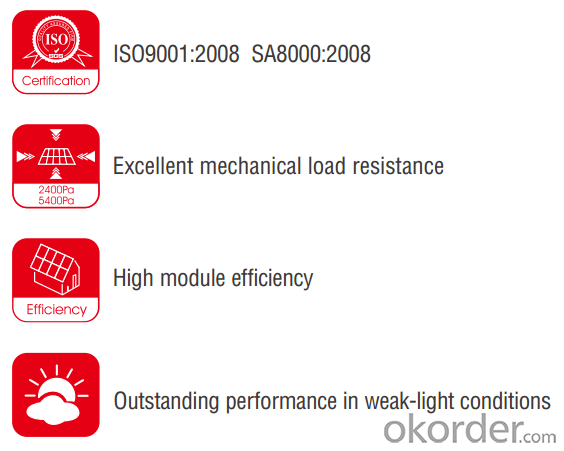
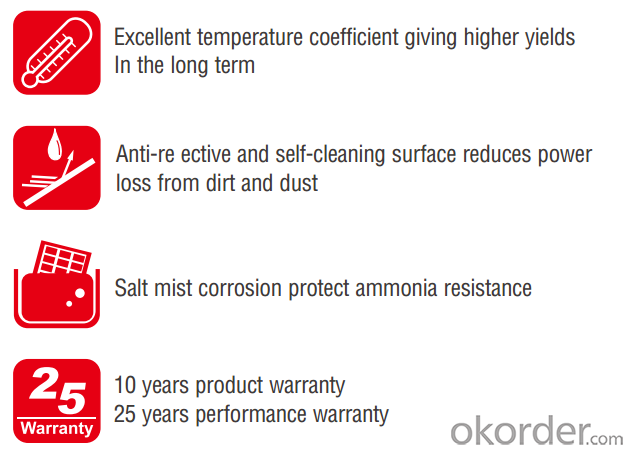
Images
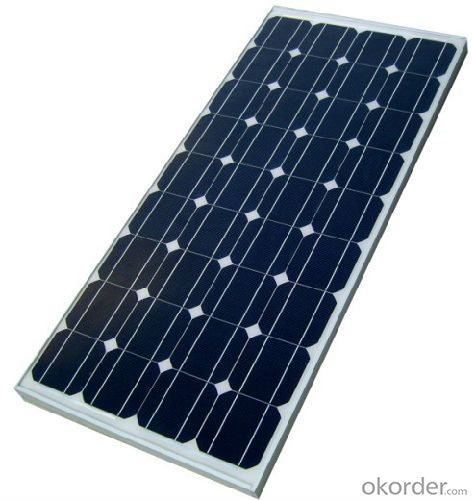
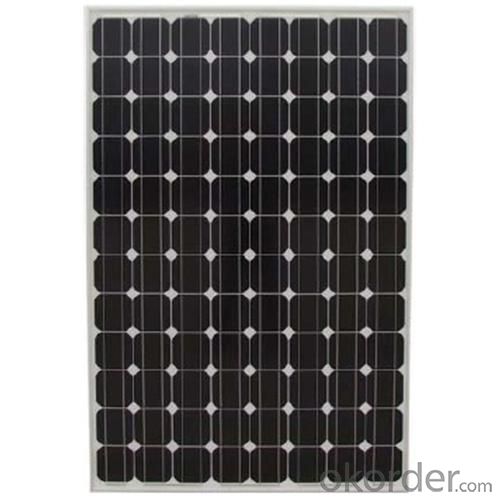
Specification
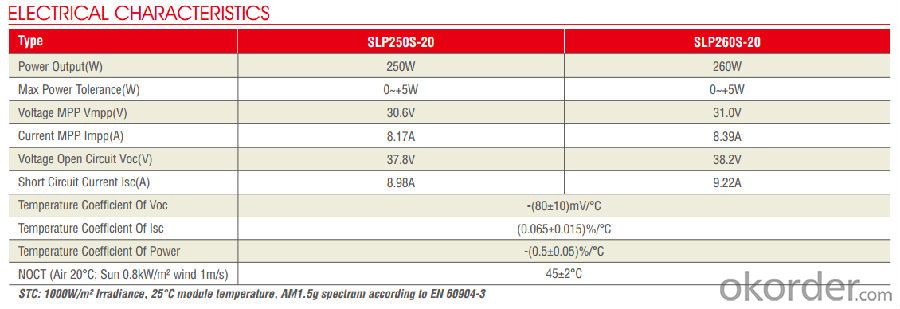

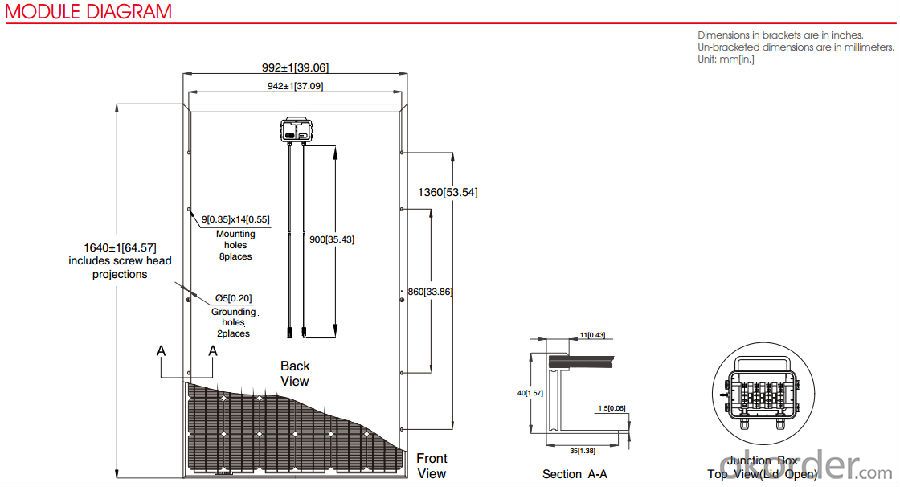
FAQ
Q:How to guarantee the quality of the products?
A:We have established the international advanced quality management system,every link from raw material to final product we have strict quality test;We resolutely put an end to unqualified products flowing into the market. At the same time, we will provide necessary follow-up service assurance.
Q:Can we visit your factory?
A:Sure,welcome at any time,seeing is believing.
Q:Which payment terms can you accept?
A:T/T,L/C,Moneygram,Paypal are available for us.
Q:When did your company set up? How can I believe your quality?
A:We entered into Solar PV industry in 2005, now we have several plants in manufacturing of a-Si and c-Si panels, and our capacity is 220MW per year. Till now we have already passed all the tests by authorized laboratories, e.g. TUV, VDE, UL.
- Q: How long does it take to install solar cells on a residential property?
- The installation time for solar cells on a residential property can vary depending on factors such as the size of the system, complexity of the installation, and the experience of the installation team. However, on average, it usually takes around one to three days to complete the installation process.
- Q: What is the impact of temperature fluctuations on solar cell efficiency?
- Temperature fluctuations can have a significant impact on solar cell efficiency. Generally, as temperatures rise, the efficiency of solar cells decreases. This is because higher temperatures can increase the resistance of the materials used in the solar cell, resulting in a decrease in the conversion of sunlight into electricity. Additionally, excessive heat can cause thermal stress and degradation of the solar cell's components, further reducing its efficiency over time. Therefore, temperature regulation and cooling mechanisms are crucial in maintaining optimal solar cell performance and maximizing energy production.
- Q: What is the impact of bird nesting on solar cell performance?
- Bird nesting can have a negative impact on solar cell performance as it can lead to shading, blocking sunlight from reaching the cells and reducing their efficiency. Additionally, bird droppings can accumulate on the surface of the solar panels, further decreasing their output. Regular maintenance and cleaning are essential to minimize the impact of bird nesting on solar cell performance.
- Q: What is the lifespan of solar cell batteries?
- The lifespan of solar cell batteries can vary depending on several factors, such as the quality of the battery, the usage patterns, and the maintenance practices. On average, most solar cell batteries have a lifespan between 5 to 15 years. However, with proper care and regular maintenance, some batteries can last up to 20 or even 25 years.
- Q: Can solar cells be combined with energy storage systems?
- Yes, solar cells can be combined with energy storage systems. This integration allows for the excess energy generated by solar cells to be stored for later use, such as during periods of low sunlight or at night. Energy storage systems, such as batteries, enable a more reliable and efficient utilization of solar energy, making it a feasible and sustainable solution for meeting energy demands.
- Q: I know that solar cells are produced by DC and then converted into alternating current through the inverter, who explains why the solar cell is produced by DC?
- The electrons flow from the p region to the n region, and the current is formed after the circuit is turned on. This is the photoelectric effect of the working principle of solar cells. In the PN junction in the direction of electronic movement is fixed, is irreversible, so the resulting DC
- Q: What is the role of solar cells in powering off-grid cabins?
- The role of solar cells in powering off-grid cabins is to harness energy from the sun and convert it into electricity. These cells, also known as photovoltaic cells, absorb sunlight and generate a direct current (DC), which is then converted into alternating current (AC) through an inverter. This AC power is used to operate appliances, lighting, and other electrical devices in off-grid cabins, providing a sustainable and renewable source of energy without the need for a traditional power grid connection.
- Q: How do solar cells perform in areas with high levels of sandstorms?
- Solar cells may not perform optimally in areas with high levels of sandstorms. The sand particles can accumulate on the surface of the solar panels, reducing their efficiency by blocking sunlight and potentially scratching the cells. Regular cleaning and maintenance would be required to ensure proper functioning of the solar cells in such conditions.
- Q: How much space is required to install solar cells?
- The amount of space required to install solar cells depends on various factors such as the type and size of the solar cells, their efficiency, and the desired energy output. Generally, for residential installations, a few hundred square feet of roof space or an equivalent area in a yard is typically sufficient to accommodate a solar panel system. However, larger-scale solar power plants or commercial installations may require significantly more space.
- Q: How does a solar cell raise industrial efficiency?
- Solar Cell Efficiency refers to the portion of energy in the form of sunlight that can be converted via photovoltaics into another more useful form, namely electricity.
Send your message to us
Lightweight Solar Cells - High Efficiency Monocrystalline PV Module 250W-260W
- Loading Port:
- China Main Port
- Payment Terms:
- TT or LC
- Min Order Qty:
- -
- Supply Capability:
- -
OKorder Service Pledge
OKorder Financial Service
Similar products
Hot products
Hot Searches
Related keywords
